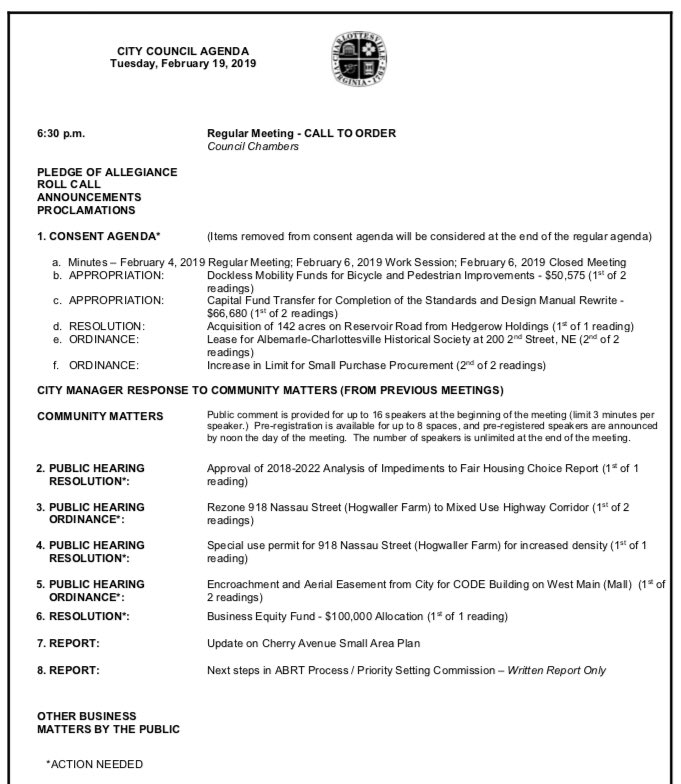geepawhill.org/2019/11/27/how…
Yes, I know, that sounds mystical. But it's not. It's the paucity of our language and our training that makes it sound silly.
The Change-Harvesting Camerata is a community of folks with a shared problem: harvesting the value of change.
geepawhill.org/camerata
Join today!
Special launch bonus: First fifty yearly members get a free one-on-one coaching session with me!








